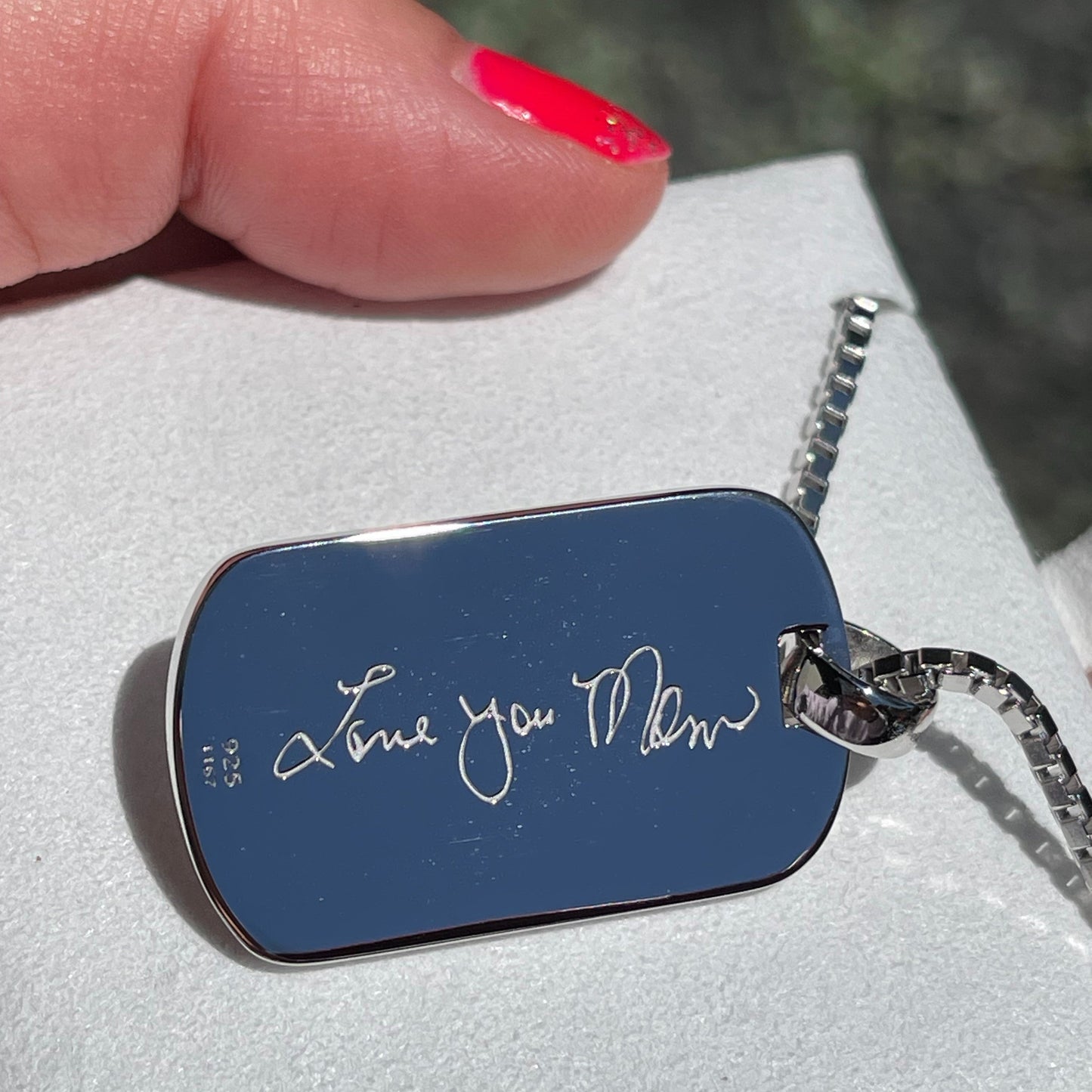
When we listen first and suggest second, we don't just offer keepsakes - we offer understanding. And in the landscape of grief, understanding is often the most precious gift we can provide.
In the quiet moments after discussing service arrangements, families often share what they're really struggling with: "I just want to feel him close to me somehow" or "I don't know how to help our kids remember her voice." These whispered confessions reveal something profound. Behind every question about memorial options, lies a deeper need to feel understood in grief and to find meaningful ways to honor their loved one's legacy.
As funeral professionals, you navigate these sacred conversations daily. You understand that the challenge isn't having beautiful keepsakes to offer, it's knowing how to introduce them with the grace and timing that grieving hearts require. The families you serve aren't looking for products, they're searching for connection, comfort, and ways to keep love alive.
Begin with Their Story, Not Your Solutions
The most transformative memorial conversations begin with a simple invitation: "Tell me about your loved one." When you create space for families to share memories - the way their father always hummed while cooking, how their daughter's laugh could fill a room, the gentle way their spouse held their hand - you're doing something profound. You're honoring the person before discussing the memorial.
Listen for the details that matter most to them. Are they holding onto a handwritten note? Do they mention always feeling their loved one's presence? Are they worried about how to help their children remember grandpa's bear hugs? These details can become roadmaps to meaningful memorial options that will truly resonate.
Present Possibilities, Not Products
When the moment feels right to introduce memorial keepsakes, frame them as possibilities rather than products. Instead of "We offer fingerprint jewelry," try "Some families find comfort in having a tangible way to feel their loved one close. Would that be meaningful to you?"
Share one option at a time, allowing space for their response. If they seem interested, you might add, "We work with artisans who can capture their actual fingerprint in a beautiful piece that you could wear every day or keep in a special place. It becomes as unique as the person you're honoring."
Honor Their Healing Timeline
Grief doesn't follow schedules, and neither should memorial decisions. Some families know immediately that they want to create something tangible. Others need time to even imagine being ready for that step. Both responses are completely normal.
For families who aren't ready now, plant gentle seeds: "This is something you can always explore later. We keep everyone’s information on file, so whenever you're ready, we're here." This removes pressure while keeping the door open for future healing.
Share Stories That Connect
When appropriate, brief stories from other families can help normalize the memorial process. "I worked with a mother who wasn't sure about memorial jewelry at first, but she told me later that wearing her daughter's fingerprint necklace helped her feel less alone during her first holiday season." These stories aren't sales pitches, they're glimpses into how others have found comfort.
Create Safe Spaces for "No"
Sometimes the most caring thing you can do is accept when a family isn't interested in memorial keepsakes. Their "no" doesn't reflect on your service, it reflects their unique grief journey. Responding with understanding ("That's completely understandable") shows that you truly see them as individuals, not potential sales.
The Partnership That Honors Both Heart and Business
The beautiful truth about approaching memorial conversations this way is that it serves everyone better. Families feel genuinely cared for rather than sold to. They make decisions from a place of healing rather than pressure. And when they do choose memorial keepsakes, those pieces become deeply meaningful rather than impulsive purchases.
Your role isn't to convince families that they need memorial jewelry - it's to help them discover what feels most healing for their unique situation. Sometimes that's a fingerprint necklace that lets them hold their loved one's hand again. Sometimes it's something entirely different. And sometimes, it's simply knowing that you truly heard their story.
In a profession built on serving others during their most vulnerable moments, this approach can deepen the trust families place in your care during their greatest time of need.

